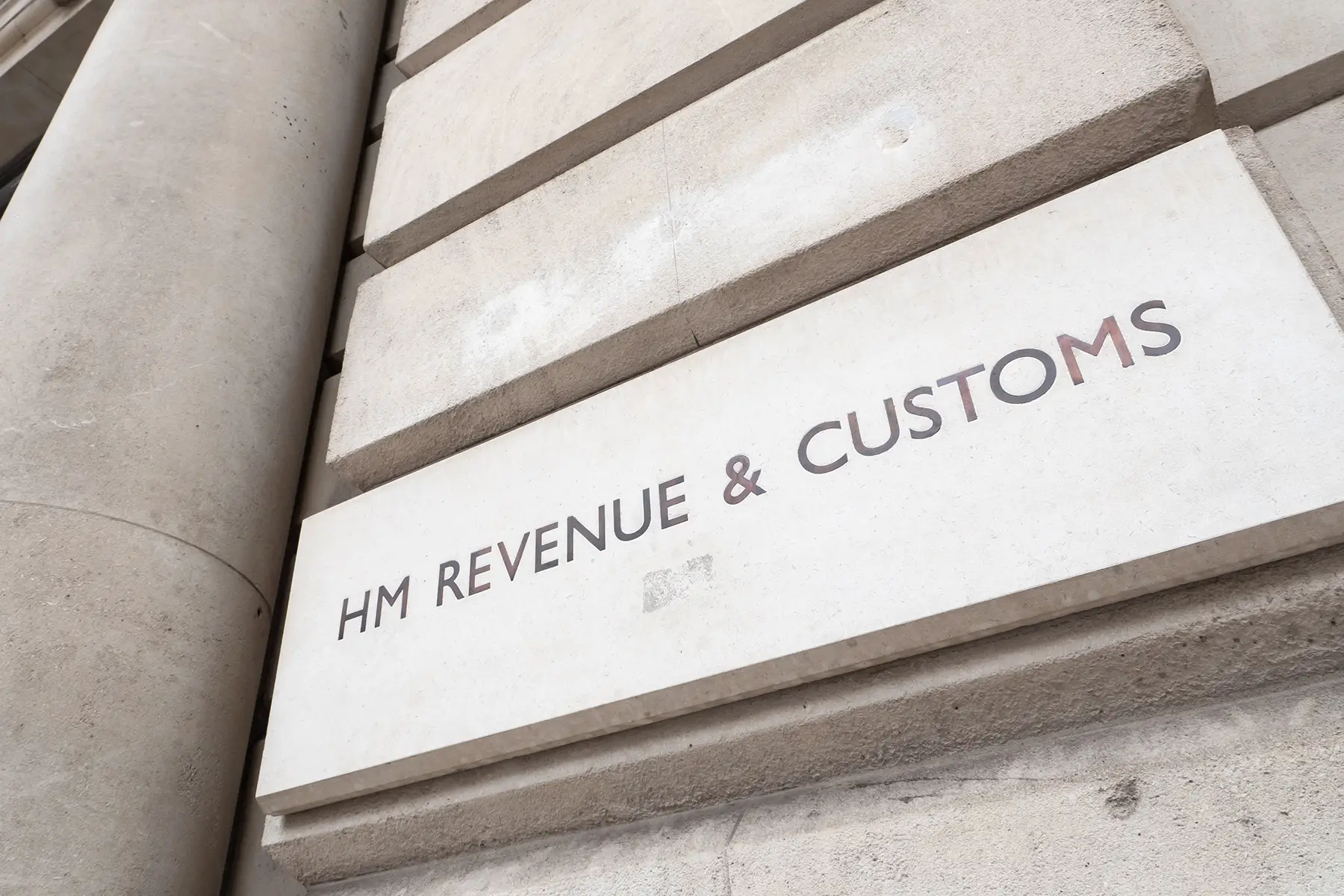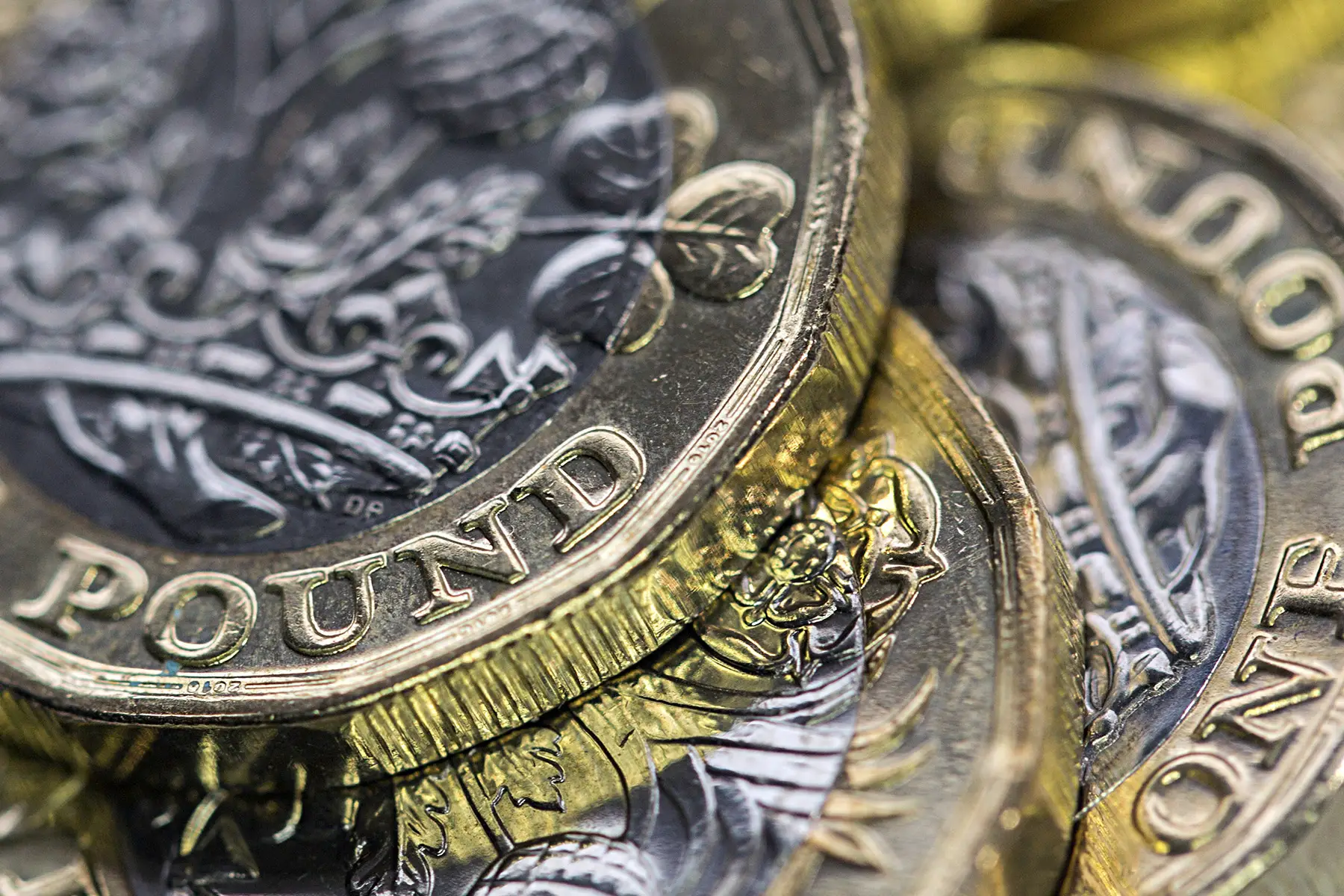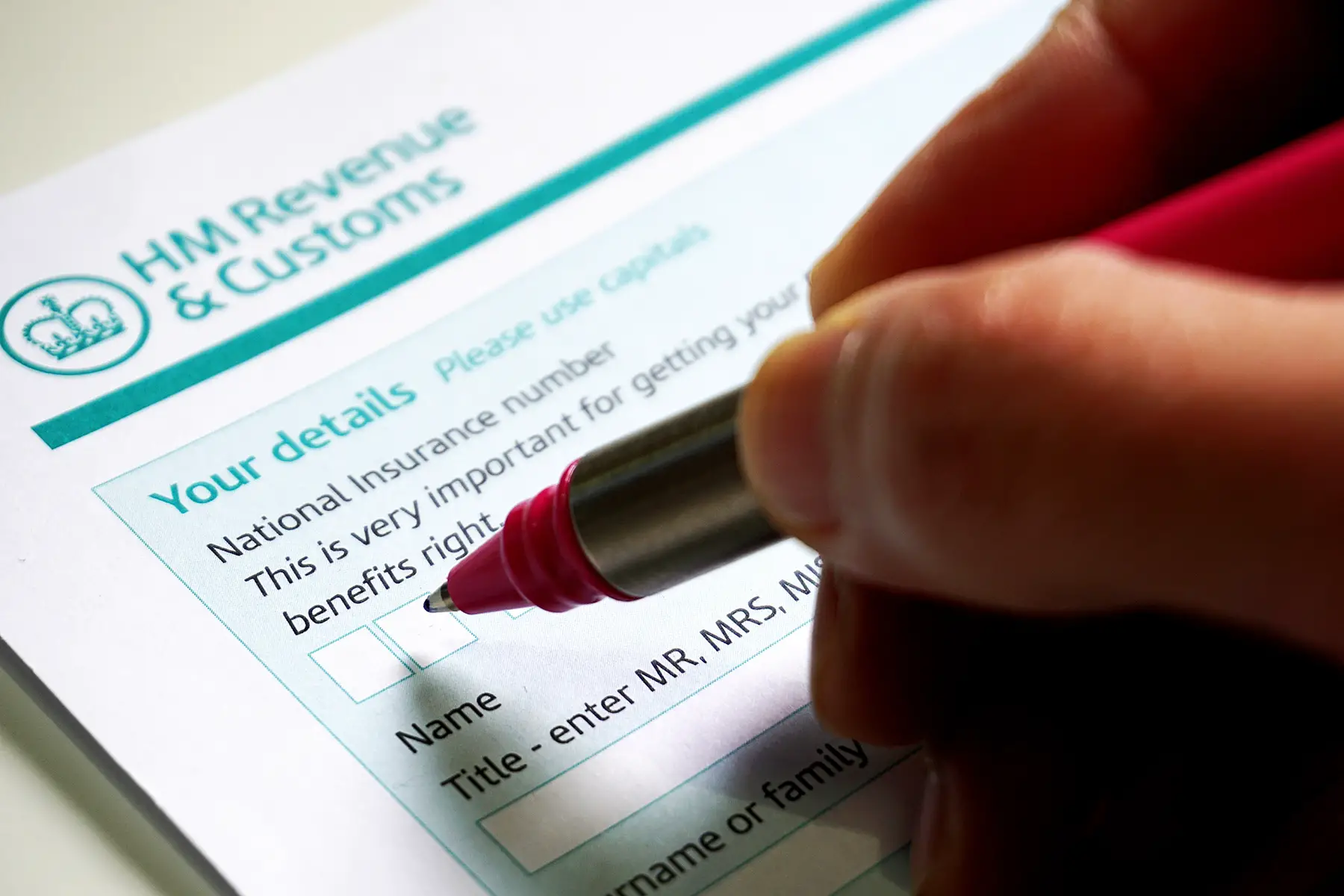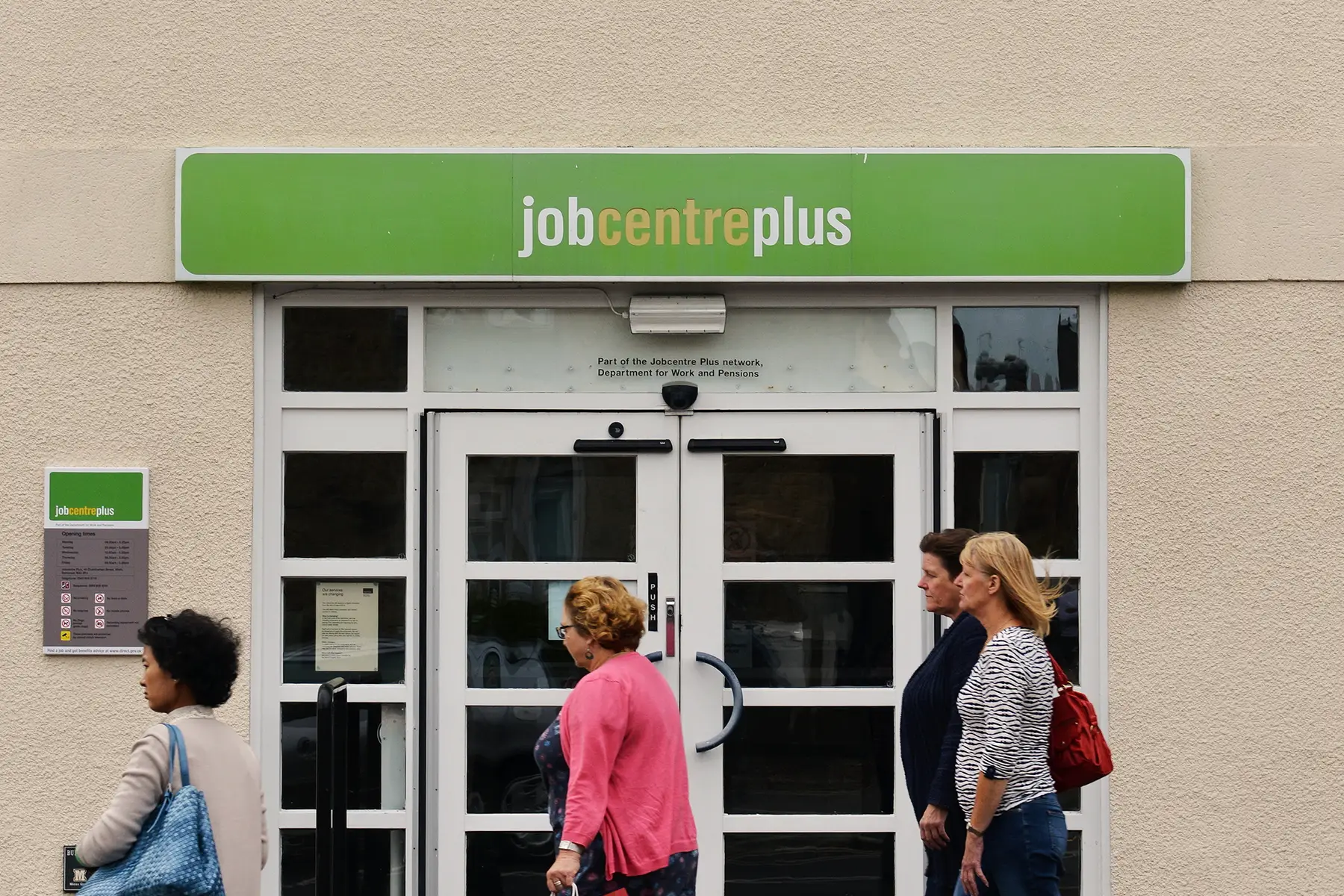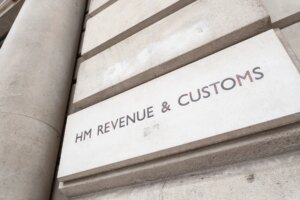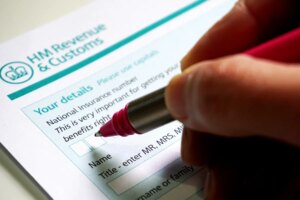According to government statistics, there are nearly 4.2 million self-employed people in the UK. If you’re one of them, you must register for self-assessment to pay your taxes. People who own a business are liable for several different kinds of taxes, including income and value-added tax (VAT).
Need help understanding taxes if you freelance or own a business? This guide explains everything you need to know. Sections include:
Unbiased
In need of some expat financial advice in the UK? Knowing where to turn for trusted advice can be challenging, but with Unbiased you'll be able to find the right financial advisor for your needs. Search by your needs and access a network of over 26,000 professionals across the UK. Find financial advisors, accountants, and more with Unbiased.
The tax system for freelancers and self-employed workers in the UK
Although freelancing is a popular style of working, there is no official category of freelance tax in the UK.
Instead, HM Revenue and Customs (HMRC) categorizes self-employed workers in the UK as sole traders. If you start your own business, you operate as a sole trader (or a partner if setting up with more than one person) and pay income tax through self-assessment.
Freelancers and self-employed workers in the UK pay the same taxes as employees but they must submit their own tax returns. Additionally, they pay the tax directly, unlike employees, whose payments come out of their salary.
If you’re self-employed and set up a limited company in the UK, you legally become an employee of that company. The company itself pays corporation tax on its profits, and you pay income tax through Pay as You Earn (PAYE) on your salary.
What taxes do freelancers have to pay in the UK?
Freelancers and self-employed traders are liable for the following:
- Income tax – self-employed people must pay the same income tax rate as employees. You can read more about this in the section on income tax for sole traders.
- National Insurance Contributions (NIC) – these are mandatory social security payments for pensions and benefits. Self-employed workers pay Class 2 contributions but are also liable for Class 4 if they earn over a certain amount.
- Value Added Tax (VAT) – businesses with a turnover must register for VAT and make quarterly payments. The current rate is 20% of turnover, but you can add this charge to your goods and services.
Sole traders in the UK pay income tax on business profits. Essentially, this is any money you make minus allowable expenses and deductions.
For freelancers and sole traders, business and personal income are treated as a single income for tax purposes. With partnerships, profits are divided up, and each partner pays tax on their share.
The self-employed tax rate in the UK is the same as the income tax rate for employees. You receive a personal tax-free allowance (£12,570 in 2025) and pay a progressive tax rate above that, starting at 20% and rising to a top rate of 45% (or 48% in Scotland) for the highest earners.
You can check your self-employed tax rate in the UK by using the government’s self-employed tax calculator for UK workers.
Freelance tax vs. corporate tax in the UK
“Freelance tax” does not refer to a specific tax in the UK. Depending on how your business operates, one of two situations may apply to you:
- Sole trader – you pay income tax on your business profits.
- Owner of a limited company – your business pays corporate tax on its profits, and you pay income tax on your salary.
The main rate for corporate tax in the UK is currently 25% for businesses with annual profits above £250,000. Companies with profits below £50,000 pay a reduced rate of 19%. You can find a complete overview of UK corporate tax rates in our dedicated article.
Who is exempt from self-employment taxes in the UK?
You don’t pay freelance tax in the UK if you’re self-employed and earn under the personal allowance. If you earn above the threshold, you pay tax at the standard rate on anything over this amount.
Even if you earn below the personal allowance limit, you must submit an annual tax return to declare your earnings as a freelancer or self-employed worker.
Are the UK tax responsibilities the same for foreign/expat freelancers?
The same tax rates apply to residents and non-residents alike. While the rules vary slightly between the two groups, the primary difference is that residents pay taxes on their worldwide income, whereas non-residents are only taxed on what they earn in the UK.
You are a UK resident for tax purposes if at least one of the following applies:
- You spent 183 days or more in the UK in that tax year
- Your only home was in the UK for 91 consecutive days or more, and you stayed there for at least 30 days in that tax year
- You worked full-time in the UK for a 365-day period, and at least one of those days was in that tax year

However, you can qualify as a non-resident if you either:
- Spent fewer than 16 days in the UK (or 46 days if you have not been a UK resident for the previous three tax years)
- Worked abroad full-time (35 hours a week) and spent fewer than 91 days in the UK, during which you worked no more than 30 days.
What happens if you combine freelance and paid employment in the UK?
In general, regular employment in the UK does not prevent you from working as a sole trader or freelancing in your spare time. However, as an expat, check that your British visa allows you to be self-employed in the UK while working for an employer.
When taking on a side hustle in addition to your regular job, you must file a separate tax return to pay your freelance taxes. You disclose the tax you have already paid in PAYE deductions on this form. HMRC then calculates what tax is due on freelancing profits.
How much tax you pay is determined by your total earnings. Thus, add your salary to your profits from freelance work to get your taxable income. Bear in mind that additional earnings can take you into a higher tax band.
NICs work in a similar way. You pay Class 1 national insurance through PAYE via your employer. Freelancers whose profits exceed £6,725 must also make Class 2 payments. Finally, those earning over £12,570 must pay Class 4 contributions.
Again, your NICs will be worked out on your self-assessment return.

Local Expert
Gart Buswell
Insider Tip
Occasionally selling unwanted personal items or conducting transactions online does not make you a sole trader. However, if you trade regularly in your spare time and make profits of more than £1,000, you should register with HMRC and declare your earnings.
Income tax for freelancers in the UK
Everyone who earns money from business activities or through work in the UK – for oneself or someone else – must pay income tax. In both cases, how much you pay depends on what you earn: a set of progressive tax brackets determines the amount payable. Additionally, tax brackets in Scotland vary slightly from those in England, Wales, and Northern Ireland.
Check out our guide to filing income tax in the UK for more details on tax rates, brackets, and more.
How do you register for self-employment taxes in the UK?
As someone running their own business, you are legally obliged to tell HMRC about it if you earn more than £1,000 in the tax year (which runs from 6 April). You can do so by registering online as a sole trader or partnership.
The registration deadline is 5 October following the tax year in which you started trading. For example, if you started your business in June 2024, you would must register with HMRC by October 2025. You may receive a fine if you do not do so in time.

When you register, HMRC sends you a letter with your 10-digit Unique Taxpayer Reference (UTR) and sets up your account for the self-assessment online service. You will also receive a letter within 10 working days (21 days if you are abroad) that contains an activation code.
Using this code and the UTR number, you can finish registering online on the HMRC website. You must provide information about your business, such as the trading name and contact details.
You can also register to pay UK freelance tax by post, using form CWF1 if you’re a sole trader or SA400 for a partnership.
How do you file freelance tax in the UK?
Freelancers and self-employed professionals in the UK with annual earnings of over £1,000 must file annual tax returns detailing their income and allowable deductions and expenses for the tax year. The essential tax dates are as follows:
- UK tax year: 6 April until the following 5 April
- Tax return deadline if submitting by post: 31 October
- Tax return deadline: 31 January the following year
Therefore, you must submit your tax return for 2023/24 income by 31 January 2025 (31 October 2024 by post).
When completing the return online, the HMRC portal guides you through the process. All you require is the details from your business accounts. For paper returns, you must complete the SA100 (sole traders) or SA800 form (partnerships). The HMRC website provides details of paper filing requirements, including additional documents you may need to provide.
Tax payment deadlines depend on your tax bill. If you owe less than £1,000, the deadline is the same as for your tax return (31 January).
However, if your bill exceeds £1,000, you must make payments on account. These are advance payments on the current tax year made in two installments – 31 January and 31 July. As you make the first payment before the end of the tax year, the amount is based on what you earned in the previous tax year. HMRC then calculates whether you can claim a tax refund or make a ‘balancing payment.’
You can pay your freelance tax in the UK in several different ways. Full details are on the HMRC website.
Tax exemptions and deductions for freelancers in the UK
You can deduct business expenses before you pay freelance tax in the UK.
HMRC considers several different costs as allowable expenses. These include the following:
- Office costs (e.g., stationery and phone bills)
- Travel costs (e.g., fuel, parking, and train or bus fares)
- Uniforms and other clothing expenses
- Staff costs (e.g., salaries and subcontractor costs)
- Cost of raw materials
- Financial costs and bank charges
- Rent and utility bills
- Advertising and marketing fees
- Training courses related to your business
Allowable expenses do not include money taken from your business to pay for private purchases. Additionally, HMRC does not allow you to deduct the depreciation of fixed assets from any source of income. However, companies can apply specified rates of annual deduction called capital allowances on equipment, machinery, and company vehicles.

Self-employed traders and freelancers in the UK can use the simplified expenses method for costs such as business use of personal vehicles or home office space. This is where you pay a flat rate instead of working out the actual usage cost, which can be time-consuming.
Those with an annual income of £150,000 or less can also use a simpler income and expenses recording system called cash basis, where you report figures in a lump sum rather than itemizing everything.
VAT for freelancers in the UK
As a freelancer or self-employed professional in the UK, you must register for VAT when your annual turnover crosses the VAT taxable threshold – £90,000 and above for the 2024–25 tax year. You can register for VAT voluntarily if your turnover is below this.
The standard VAT rate in the UK is 20%. Some goods and services have a reduced rate of 5%, while others, such as food and children’s clothes, have 0% VAT.
Registered businesses charge VAT on their products and services. You then pay this amount to HMRC minus any VAT paid on goods and services to other registered traders. If you are VAT-registered, you must keep a record of all VAT paid and charged to customers. This is detailed on your VAT tax returns.
If you charge VAT, you must include the following information on invoices as a minimum requirement:
- Your VAT registration number
- Rate of VAT charged per item
- The total invoice amount including VAT, with a breakdown of the amount excluding VAT and the total VAT added

If the VAT you’ve charged is less than the amount you’ve paid, HMRC will reimburse you.
Most businesses in the UK can register for VAT online. This creates your online VAT account (sometimes known as a Government Gateway account), which allows you to submit quarterly VAT returns and pay VAT owed to HMRC.
Certain types of goods and services are VAT-exempt, including:
- Financial services
- Medical treatment
- Antiques
If you deal exclusively with these, you will not have to register for VAT.
Social security contributions for self-employed workers in the UK
All employees in the UK pay social security in the form of NICs to qualify for certain benefits such as Jobseeker’s Allowance (the UK’s contribution-based unemployment benefit) and the state pension. Freelancers and self-employed people pay two kinds of NICs: Class 2 and Class 4.
You can find a list of social security contribution classes for self-employed and other workers in the UK in our dedicated article.
People generally make NICs through their self-assessment as sole traders or self-employed partners. However, it is also possible to make voluntary Class 3 contributions at any time through your HMRC online account. Reasons for doing this might be to cover any gaps in your NIC record or to boost your state pension entitlements.
Social security contributions entitle freelancers and self-employed workers to state benefits at the standard rate. To access more comprehensive forms of social security, you can also take out other forms of insurance, such as health insurance or a private pension.
Tax fines in the UK
The penalty for a late tax return in the UK is £100 if it is up to three months late. This increases if the bill is delayed by more than three months.
Late tax payments incur fines if the payment is more than 15 days late. This starts at 2% of the outstanding amount owed but increases if the payment is more than 30 days late.
If you can’t pay your tax bill, you can arrange a payment plan with HMRC. You should do this before the bill is due or as soon after the deadline as you can.
Depending on the circumstances, tax evasion in the UK can result in heavy fines and even jail time. A summary conviction is six months in jail or a fine of up to £5,000. The maximum penalty for income tax evasion in the UK is seven years in prison or an unlimited fine.
How to find an accountant or financial adviser in the UK
As someone new to the country, understanding the nuances of freelance tax in the UK can be rather challenging. Therefore, consider getting professional advice about your specific situation. If you’re looking for a financial advisor, search on Unbiased, an online comparison site. You can also check the Expatica Business Directory.
The main professional bodies that can help you find an accountant/tax adviser are:
- Association of Accounting Technicians (AAT)
- Association of Chartered Certified Accountants (ACCA)
- Association of Taxation Technicians (ATT)
- Chartered Institute of Taxation (CIOT)
- Institute of Chartered Accountants in England and Wales (ICAEW)
- Institute of Chartered Accountants of Scotland (ICAS)
If you need help understanding your UK tax liabilities or reporting obligations, you can contact the HMRC.
Useful resources
- HMRC – UK department responsible for collecting taxes
- Mygov.scot – details on tax rates and allowances for Scottish residents
- Self Assessment helpline – for assistance and inquiries relating to self-employed taxes
- TaxAid – a charity offering help with tax issues


